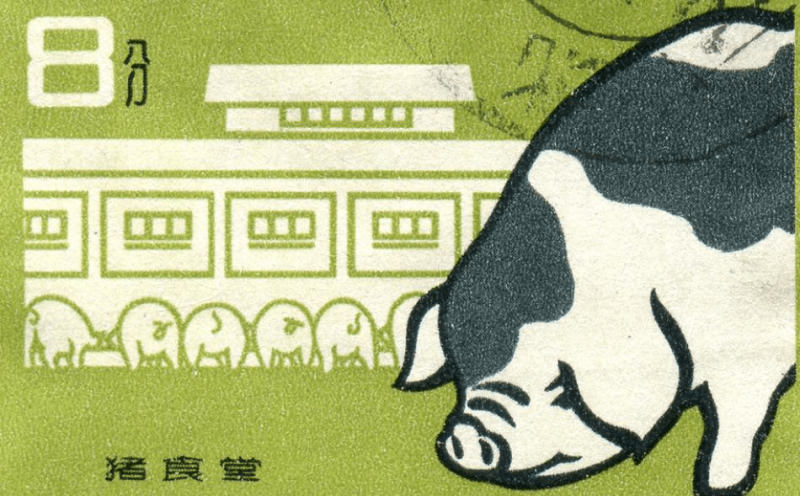A host of experts and officials have recently defended the safety of genetically modified food, as China seeks to bolster public acceptance of GMO products and invest more in technology-driven crop breeding.
A study by a professor at the University of Lyon in France, claimed that GMO feed caused tumors in mice. Another research paper produced at Italy’s University of Naples concluded that farm animals had been harmed after feeding on GMO crops.
The ministry said these studies have been questioned by the scientific community for having flawed experiment designs or manipulated data. “These papers have been retracted, and the researchers involved have even faced investigations,” it said.
A 2015 research paper by a Ukrainian agricultural research institution published in the scientific journal Reports of Morphology recently gained traction on Chinese social media. It said that feeding pigs genetically modified soybeans was found to lead to decreased fertility.
However, the ministry’s article said that evaluation by China’s National Agricultural GMO Safety Commission showed that the Ukrainian research paper’s experiment design was flawed.
“Genetically modified feed has been used worldwide for over 20 years, and its safety has been extensively verified through practical applications. Claims that genetically modified products affect human or animal fertility have no scientific basis or medical evidence from authoritative sources and are purely falsehoods and misguidance,” it said.































